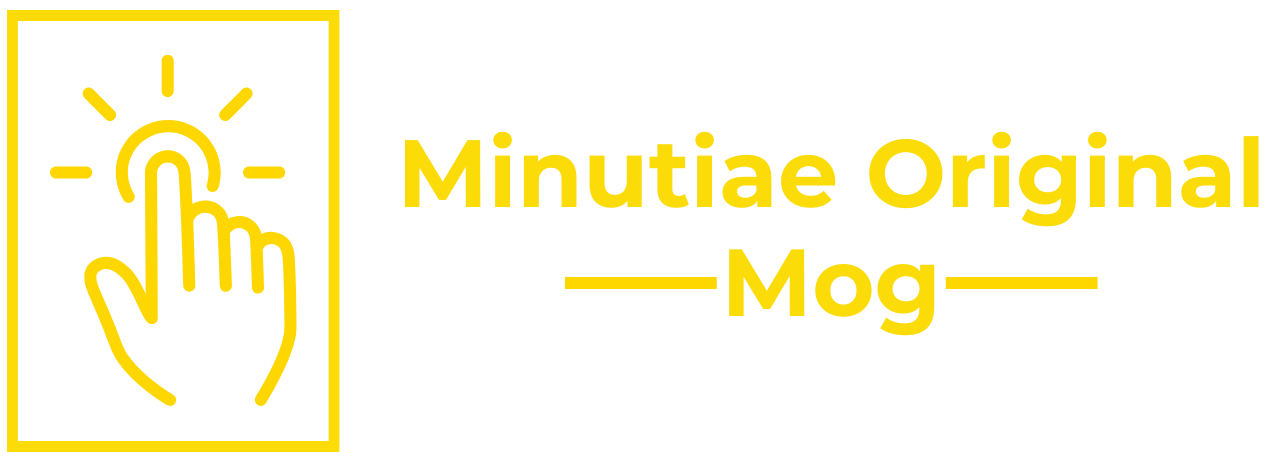As a leader, your primary objective is to achieve maximum results through your team. But are you truly equipped to unlock their full potential? The TASK framework provides a powerful, actionable system to move beyond simply managing tasks and start engineering high-performance.
The problem? Traditional performance management fixates on lagging indicators – the what – like missed deadlines or poor results. We’re left wondering why performance is lacking. This is where the TASK framework delivers a decisive advantage.
TASK is an acronym that encapsulates the four essential pillars of team success:
- Time: This isn’t just about deadlines; it’s about optimizing your team’s most valuable resource. Implement Growth Pulse check-ins – brief, weekly meetings to proactively address time constraints and resource allocation. The goal? To eliminate bottlenecks and ensure your team has the time they need to execute brilliantly.
- Actions: Align every team member’s actions with the overarching organizational purpose and their own personal sense of purpose. Utilize OKRs (Objectives and Key Results) to define clear, measurable goals, and, crucially, articulate the why behind those goals. When your team understands how their work contributes to the company’s mission and aligns with their own values and aspirations, their work becomes more meaningful, driving intrinsic motivation and exceptional results.
- Size: Overwhelming your team with massive, complex goals is a recipe for paralysis. Break down those daunting objectives into “atomic habits” – small, manageable actions that build momentum and foster a sense of accomplishment. Track progress visually with a “TASK Matrix” to maintain clarity and focus.
- Knowledge: This is more than just providing information; it’s about fostering a culture of continuous learning, psychological safety, and intellectual curiosity. Equip your team with the precise knowledge they need, exactly when they need it. Provide access to targeted microlearning modules, ensuring they have the skills to excel in their roles and adapt to any challenge. But also, cultivate an environment where they feel safe to ask questions, experiment, and explore new ideas.
By mastering these four components, you’ll cultivate a team that is not only productive but also deeply engaged and driven.
To further embed these principles into your team’s DNA, implement these agile-TASK rituals:
- Sprint Alignment Sessions: At the start of each sprint, align OKRs with available resources, using tools like the “Passion Framework” to connect every task to the team’s core purpose.
- Retrospectives with Empathy: Enhance traditional retrospectives by using the TASK framework to diagnose challenges. Employ “TASK Pulse Check Surveys” to gauge whether your team has the time, resources, and support they need.
- Delegation Labs: Refine your delegation skills. Focus on empowering your team, not just offloading tasks.
- Skill Swap Fridays: Dedicate time for cross-functional knowledge sharing, bridging knowledge gaps and fostering a culture of continuous learning.
Measure your success using metrics aligned with performance enablement:
- Time-to-Impact: How quickly does your team translate learning into tangible results?
- Purpose Alignment Rate: What percentage of team goals directly support the organization’s mission?
- Delegation Health Score: Are you empowering your team while providing adequate support?
- Innovation Velocity: How many new ideas are generated and implemented per sprint?
The TASK framework provides the tools and strategies you need to build a high-performing team, drive exceptional results, and create a lasting legacy of success.

